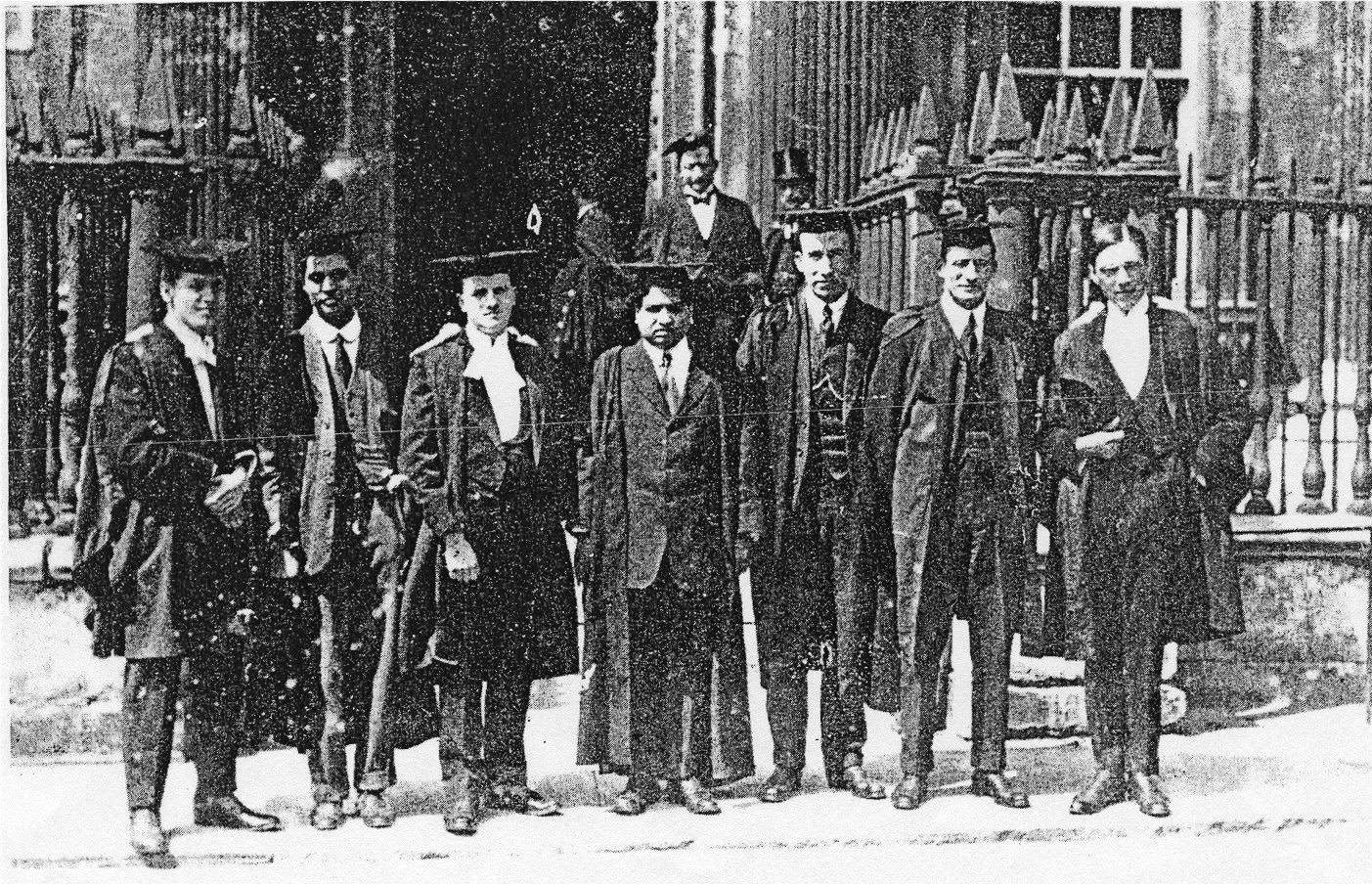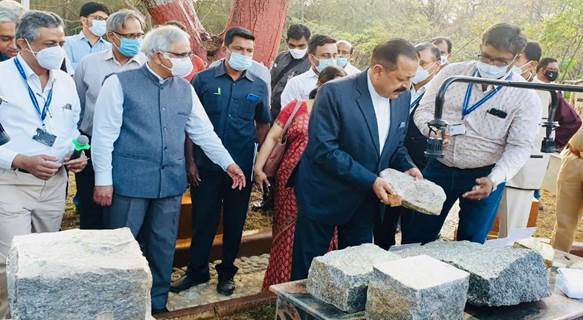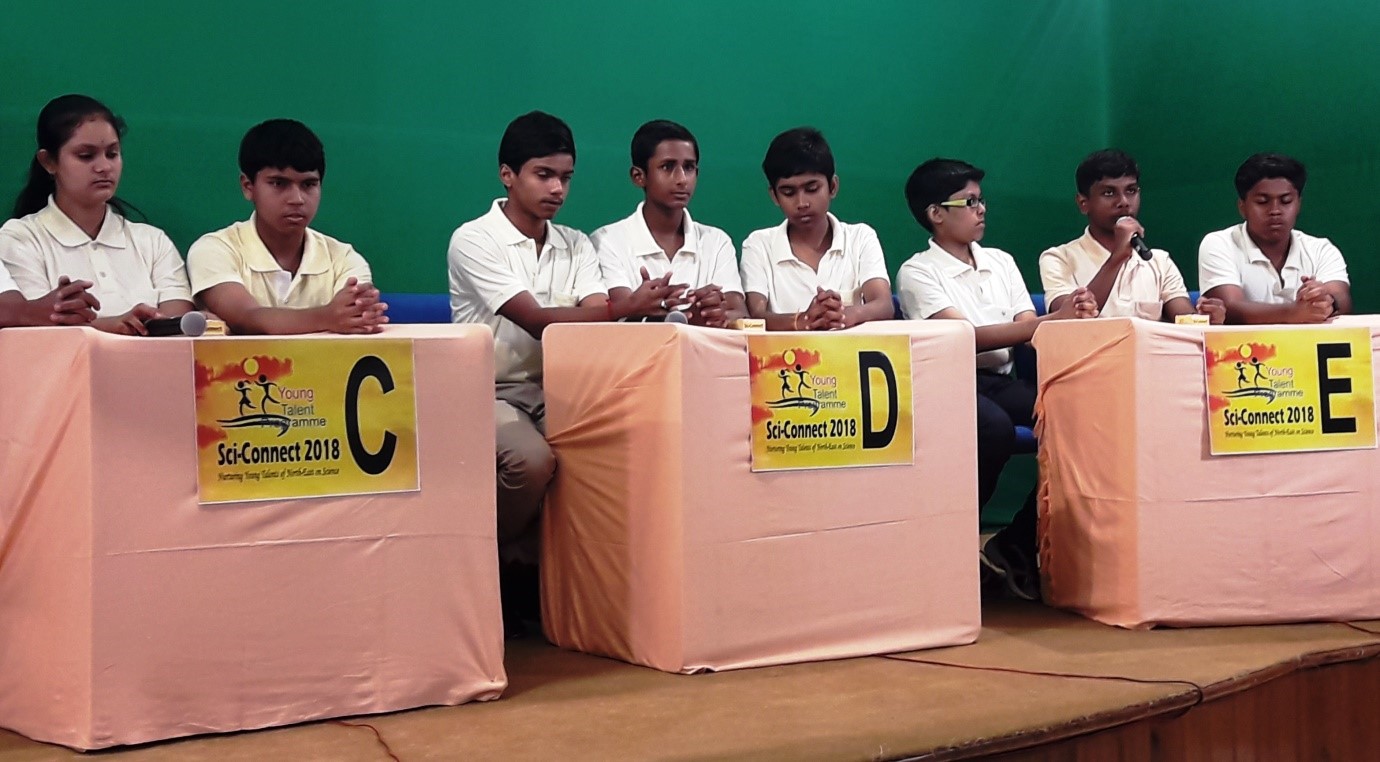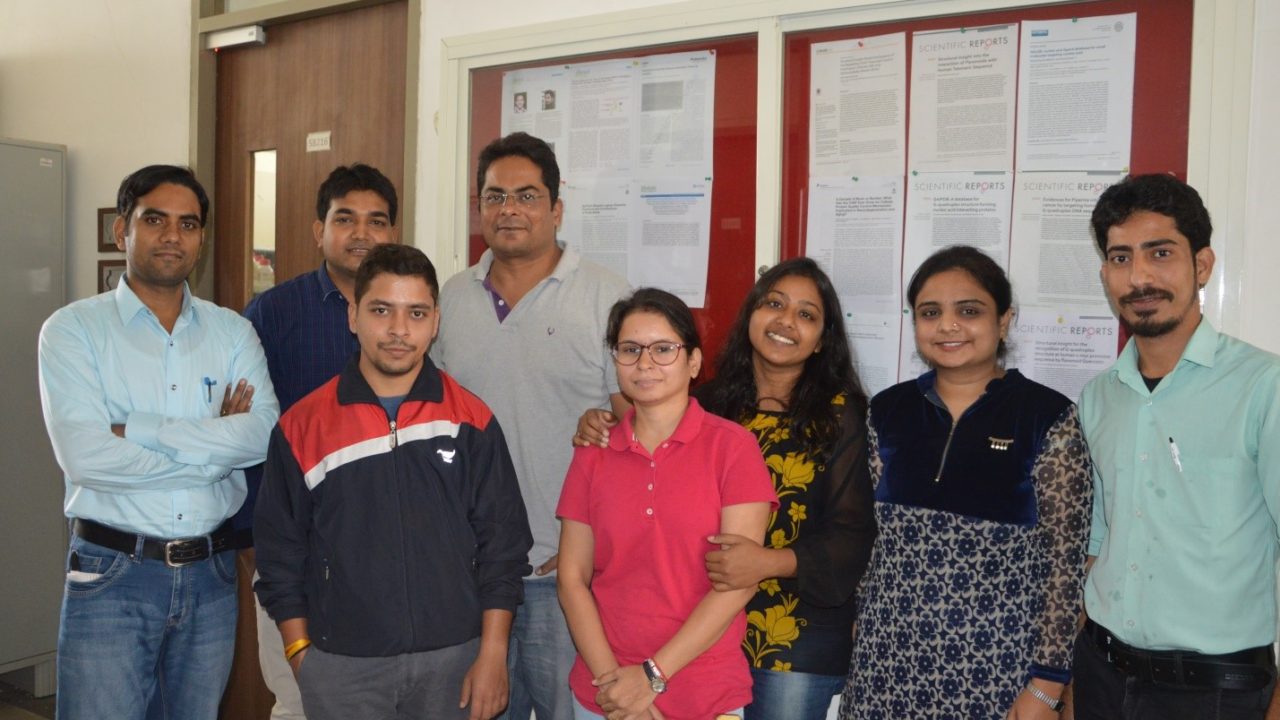
New Study May Help Address Drug Resistant Pneumococcal Diseases
- News
- 3.1K
Indian researchers have identified three drug target sites in the genome of Streptococcus pneumoniae, paving the way for developing newer drugs to treat Pneumococcal diseases.
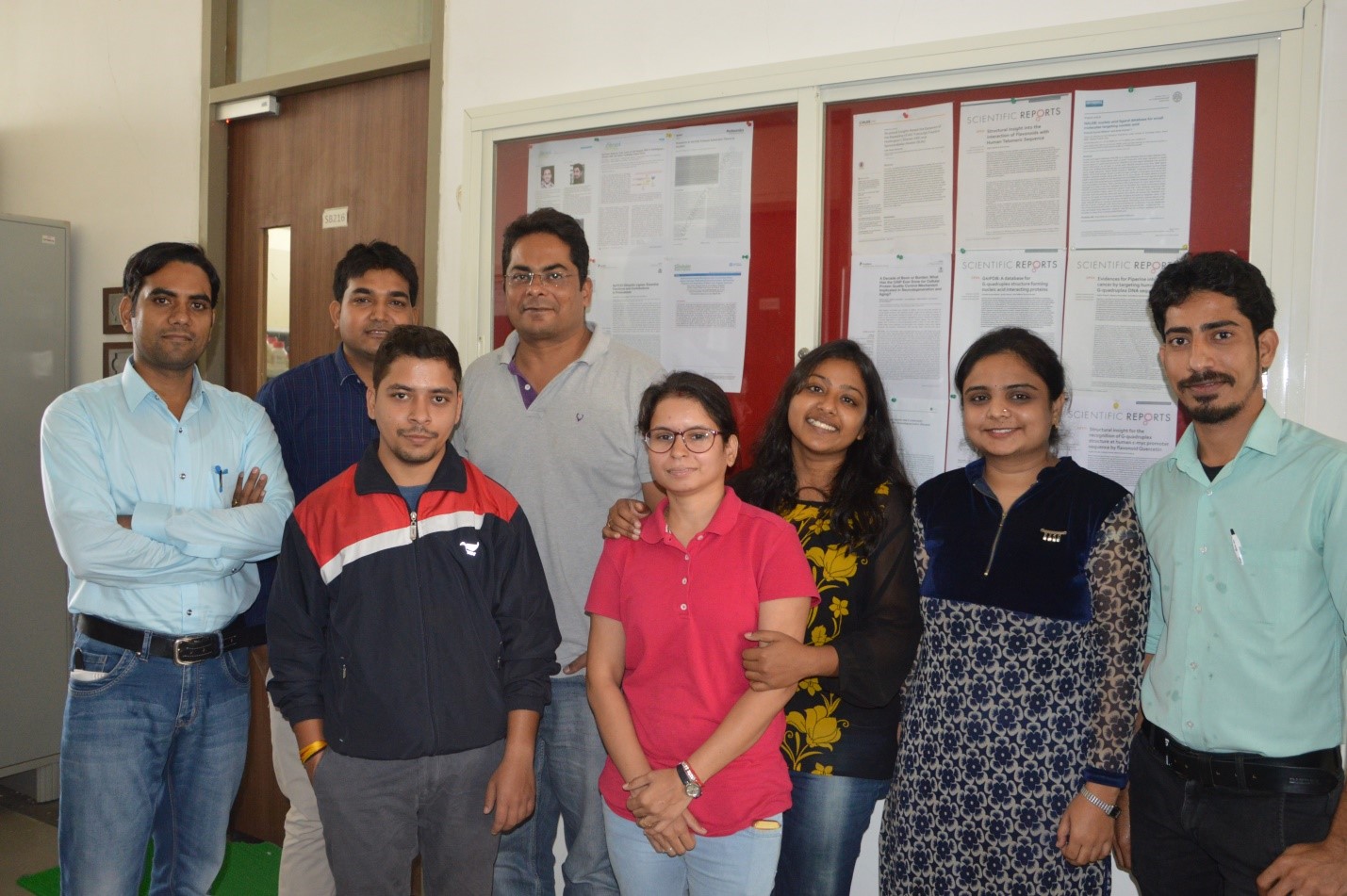
In recent years, Streptococcus pneumoniae has rapidly acquired resistance to several available drugs. This has prompted scientists to look for potential drug targets in the genome of the pathogen.
Over the years, various studies have indicated that a set of genome sequences called potential G-Quadruplex motifs (PGQs) are present in the regulatory regions of the genome of different organisms and they form unique structures called G-Quadruplexes, which influence various biological processes like DNA replication, recombination, and gene expression through the genes where they are located.
In the new study, a group of scientists of Indian Institute of Technology- Indore, and Translational Health Science and Technology Institute (THSTI), Faridabad, have identified three potential G-Quadruplex motifs in Streptococcus pneumoniae in three essential genes called hsdS, recD, and pmrA.
Speaking to India Science Wire, Dr. Amit Kumar of Discipline of Biosciences and Biomedical Engineering at IIT Indore, who was leader of the team, said, “Previous studies have already observed that the three genes, where the potential G-Quadruplex motifs were located play a vital role in providing virulence to the bacteria, by participating in the host-pathogen interaction, drug-efflux system and recombination – repair system. Now, we have gone deeper. The genome sequences we have identified can be promising target sites for combating Streptococcus pneumoniae infection”.
Asked about the next step, he said he and his team are working on developing a small molecule that could be made to attach to the genomic sequences forming the G-Quadruplex structures and thus prevent the expression of the genes responsible for providing virulence to the pathogen. “We have some very optimistic results already. But, more work has to be done”
Dr. Amit Kumar and his colleagues conducted the study in collaboration with Dr. Tarun K. Sharma of Translational Health Science and Technology Institute (THSTI), Faridabad and his team. A report on the work has been published in science journal Nature’s Scientific Reports. Apart from Dr. Amit Kumar and Dr. Tarun Sharma, Dr.Subodh K Mishra, Dr.Arpita Tawani, Neha Jain, and Uma Shankar were involved in the study. (India Science Wire)
Journal Article
If you liked this article, then please subscribe to our YouTube Channel for the latest Science & Tech news. You can also find us on Twitter & Facebook.
